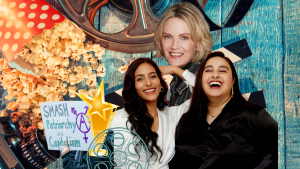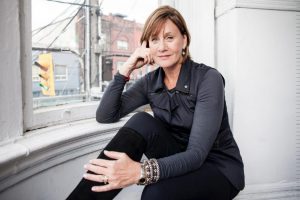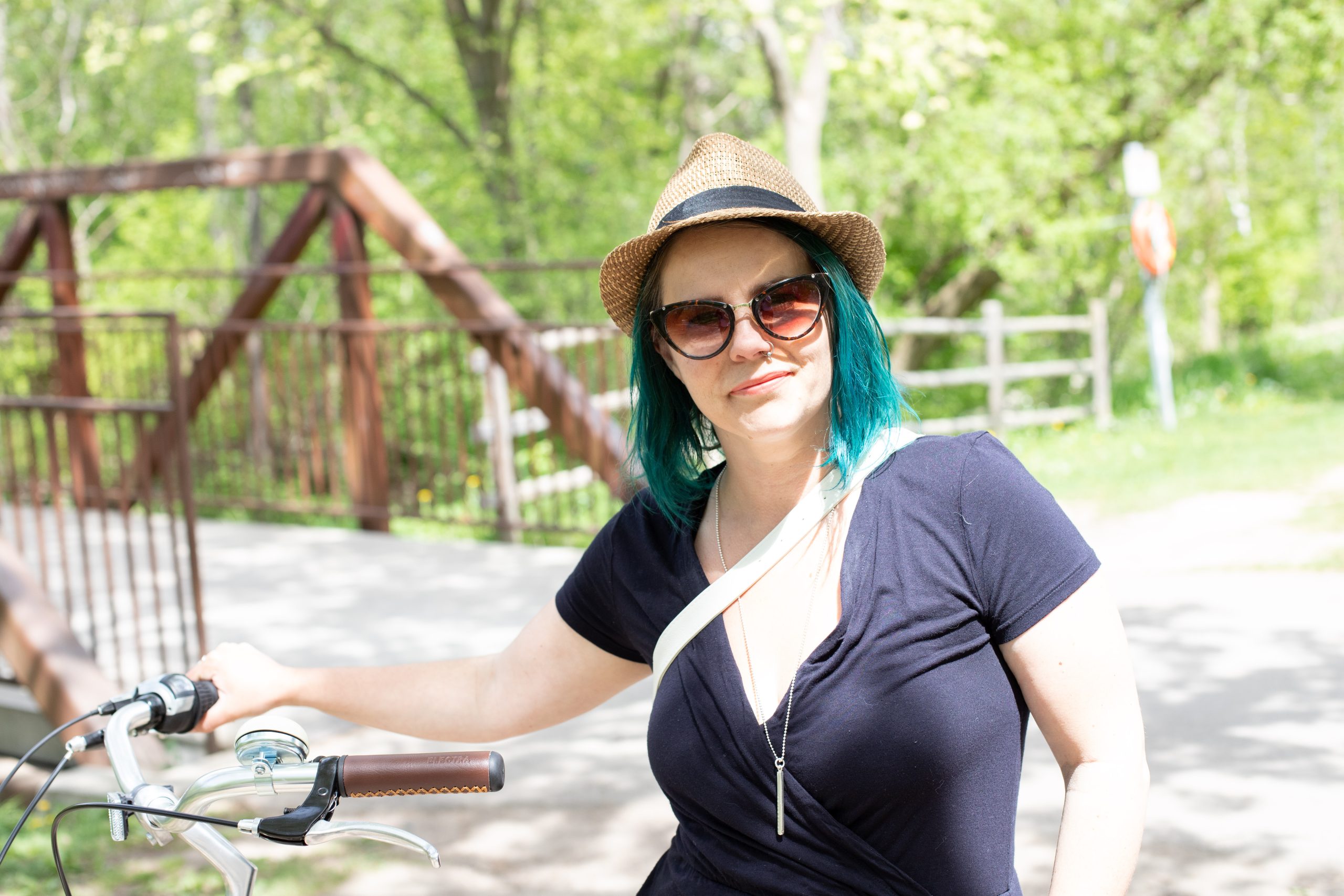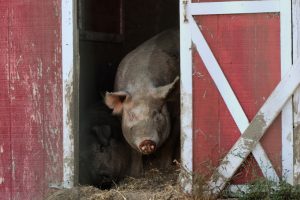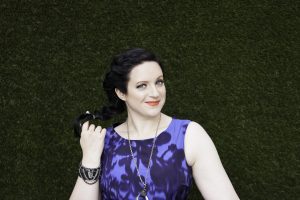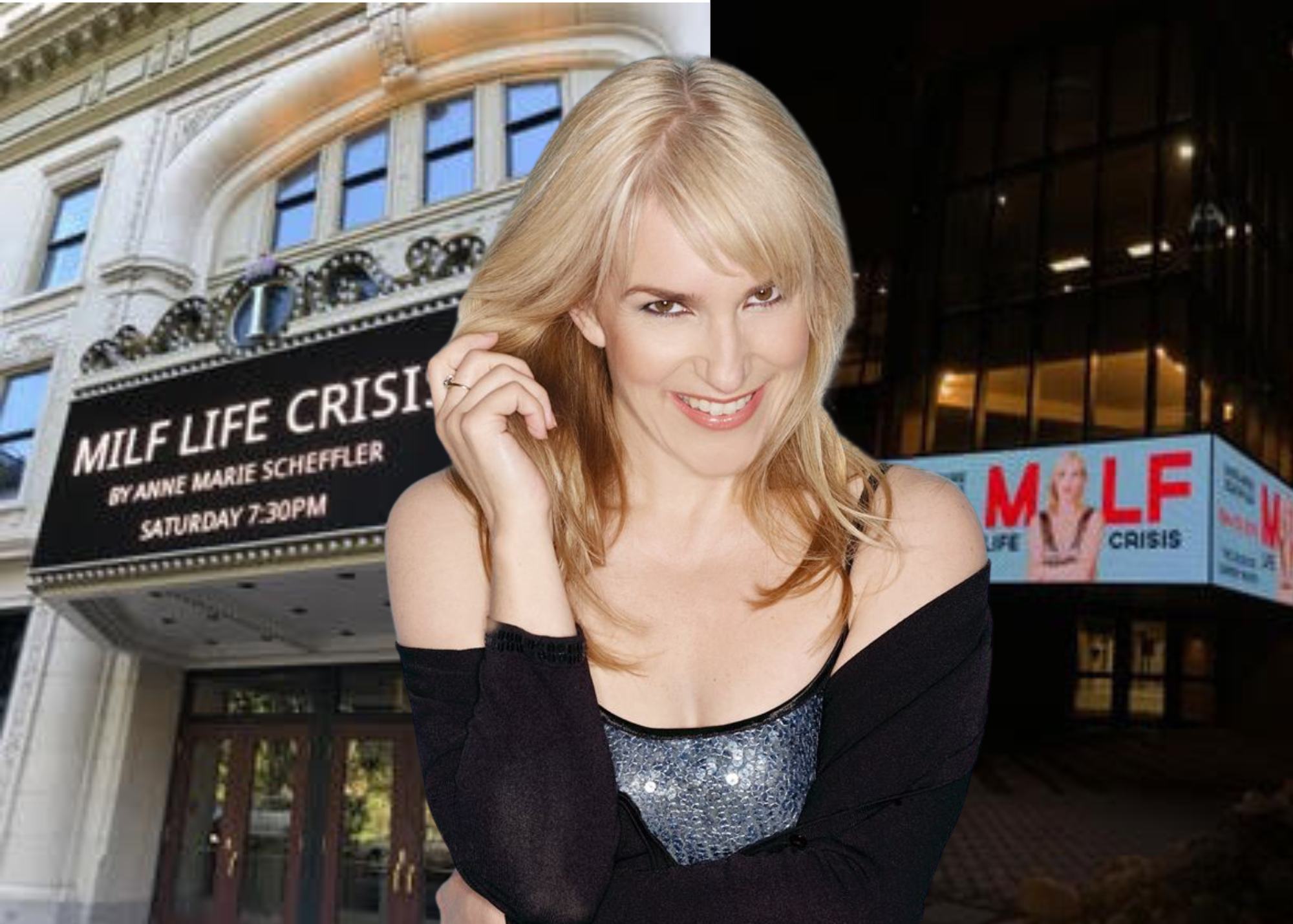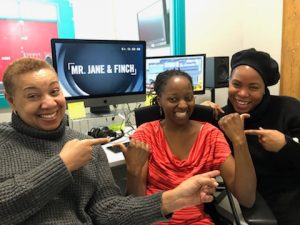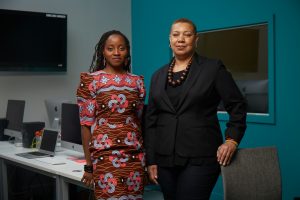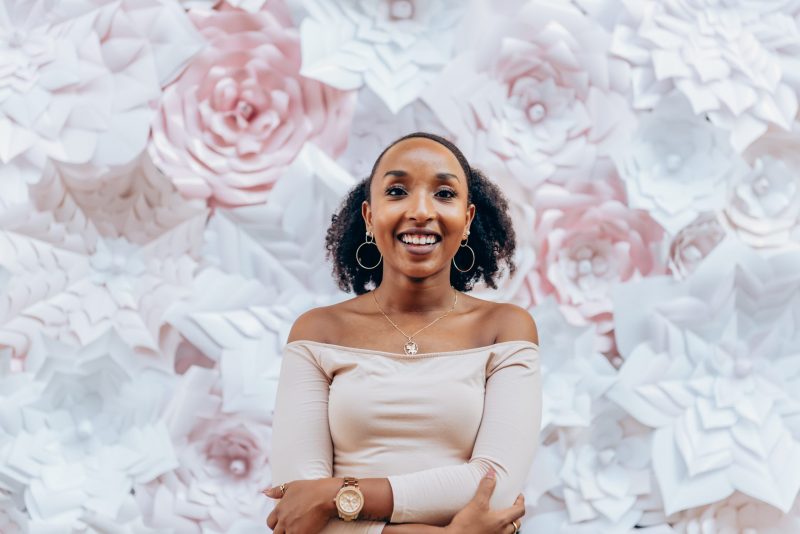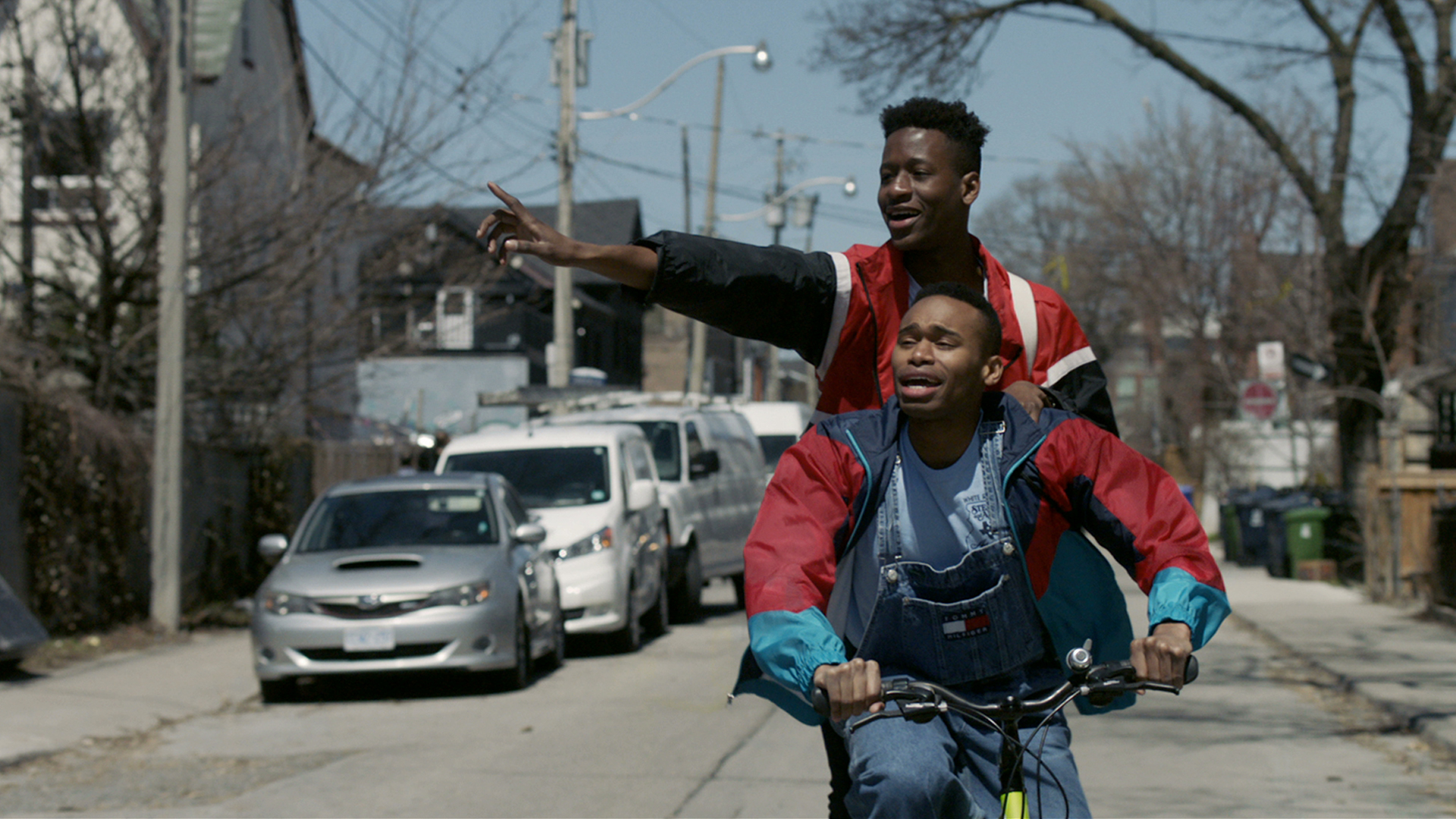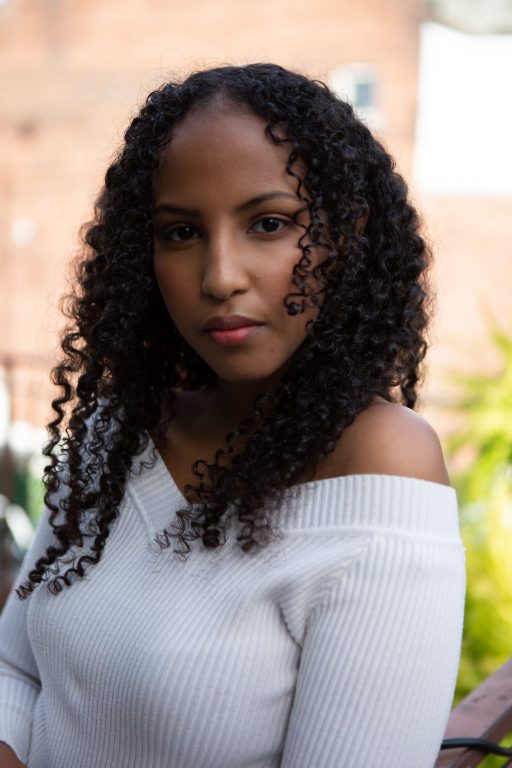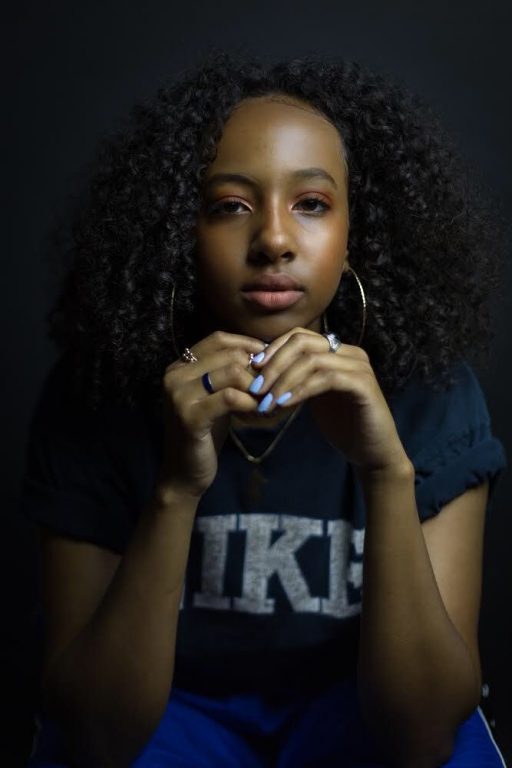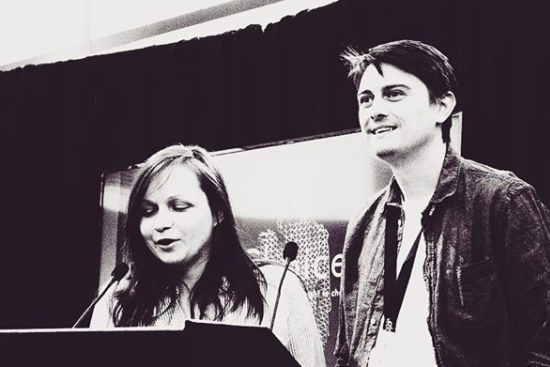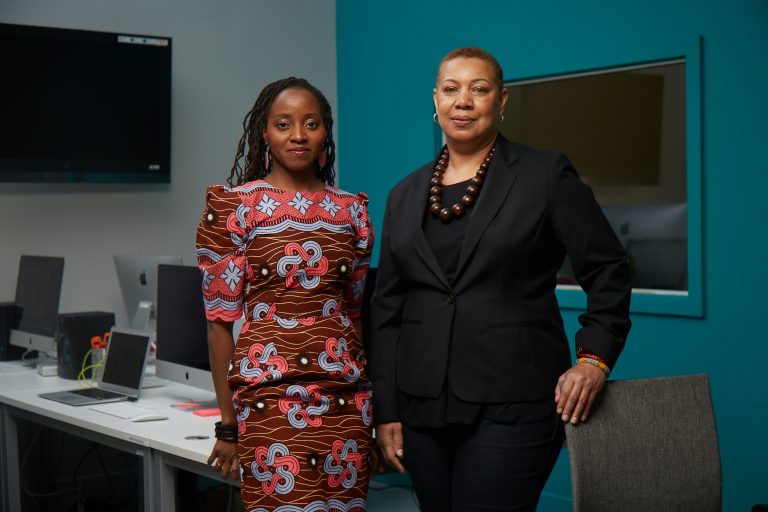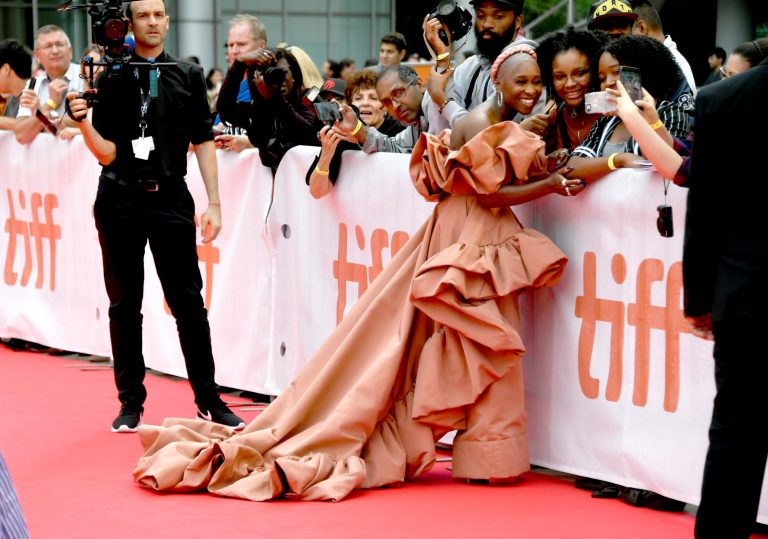Women don’t make as much money as men. Full stop.
That’s true in a very short-term, dollars-to-donuts way– in Canada, as of 2021, a woman makes 89 cents for every one dollar a man makes. In real world terms, this means that if a man has to work 1,000 hours to make enough money to pay for something–a car, a piece of clothing, rent–a woman has to work 1,110 hours to purchase the same item, an amount that comes out to an extra 2.75 40 hour work weeks.
The matter only compounds when you account for other intersections: as a racialized woman makes approximately 59 percent of what a white man makes, only 16 percent of women with a disability report being paid fairly compared to their peers and trans women make, on average, one-third less after transition than they did prior.
The larger problem however, is that the buck, as they say, doesn’t stop there–these upfront short falls, along with social expectations and responsibilities around motherhood, caretaking and the culture of wealth and investing itself all conspire to create a situation where women not only earn less on the dollar than their male counterparts, they take longer to catch up and longer to accrue wealth, and are less likely to take “aggressive” investment options to maximize returns, says says Kristine Beese, founder and CEO of Untangle Money.
All this, says Beese, not only contributes to the wealth gap between men and women, but can have big impacts on women–who tend to outlive their male partners by a significant margin–on their quality of life and financial stability when it comes time to retire.
Untangle Money, Beese says, strives to correct for this imbalance by creating “financial plans specifically designed for women and their lived experiences.”
Cool–so what does that actually mean?
Beese, who got her start in more classical financial management working for Bay Street firms in wealth management and investing, says it means looking at the actual culture of financial planning, which isn’t geared towards real, everyday women, but to wealthy, largely white and cis, men–the exact demographic that makes that 11 percent more on the dollar, and makes it earlier on, for longer, than women. You can’t take that tool, she says, and just try to slam women–especially women of colour, or women with disabilities, or working class women–into it and expect it to work for them.
“The first step is to define your financial goals–but you have to remember that a traditional financial plan is geared towards people who already have money,” Beese says. “When you have money, it’s great to define what goals you have for yourself…but when we start with clients and they define their goals, they (say) things like ‘well, I’d like to have a car, I’d like to go back to school,’ things like property, education–things which, for the middle class, are actually very (financially) tight.”
When you look at these goals and the income of the average woman and put it into the usual investment and financial planning strategies, it often looks like they not only can’t afford to meet these goals, they “can’t afford to retire,” says Beese. “I think that really shows what happens when you inadvertently take a tool that was designed for really wealthy people and try to apply it to the average person,” she says.
Instead, Beese asks clients to create realistic portraits of their “now money” and set expectations around that.
“So, we (Untangle Money) says ‘okay, here’s what you’ve told us about your money, here’s where we envision you’re going to be able to go with that, and here are the drivers that go into that picture–and so we’re trying to get your money to work harder to you,” she says.
One facet of this is understanding that women have consumer needs and spending that men don’t have, and pay more for basic consumer goods–women’s clothes, for example, cost an average of 8 percent more than men’s clothes, and toiletries like deodorant or razors cost an average of 13 percent more, even when they’re chemically and practically the same product. This is important to think about, because that markup had to be adjusted to account for the lower earning power women have in the first place–that dress shirt that costs 108% instead of $100 was already 11 per cent more expensive for a woman even we account for gender-based inflation, because is only making 89 cents on the dollar in the first place.
Moreover, “women’s spending is often seen as frivolous,” Beese says; both scotch and manicures–for which Beese herself has been “lambasted for getting” in the past– are consumer goods with social cache, but while scotch is seen as serious purchases, manicures are seen as silly. There are also social ramifications, Beese notes, for not being able to engage in certain kind of spending for women–’attractive’ people make between 10 and 15 percent more than people perceived to be ‘unattractive’ in the same position. While this is true for both men and women, to meet this standard, women have to put in more time–and spend more money–in order to avoid the ‘beauty gap’ standard, which makes these purchases, to a point, personal investments, as opposed to consumer luxuries.
“There’s nothing more discerning about getting your nails done than buying a fancy bottle of scotch,” Beese says.
“One can actually (see nails) as an investment, but when I talk to a financial advisor, they see that as a discretionary spend.”
This is more true of some industries, such as customer service or sales, than in others, adding that, for example, when she was a server she actually had a contract that said she was required to meet a certain standard of grooming in order to keep her job. This is especially true for racialized women, who–in some unfair, racist, and biased workplaces–are often expected to meet a white-centric “standard” of beauty around their hair for example, which has additional social, economic and temporal costs.
“When we talk to black women, for instance, and they talk about all their hair maintenance, that is not discretionary (spending),” says Beese. “And so (Untangle Money) includes recurring hair maintenance as part of the cost of living that you incur (in your financial plan).”
Lower earning power and higher costs of living aside, women have another big problem when it comes to their financial and retirement goals, which is the culture of investment and finance itself. Women, says Beese, are culturally perceived to be less successful with money and investment than men–but we aren’t talking about anecdotal evidence, we’re talking about numbers, and the numbers say that not only is that not true, but that women are, overall, better with their money than men in the long terms, says Beese. In fact, when men and women invest at a similar level of risk, women’s investment portfolios outperform men’s by 1 percent; essentially, at a certain risk level, if a stock is expected to give a 4 percent return on investment in a man’s portfolio, women are seeing 5 percent–which is a bigger deal than it sounds, because that 1 percent return is compounded annually.
What does that mean, in real world terms? Imagine you have 100 cows and your friend has 100 cows. After selling calves to meet your costs, you have four cows extra in your herd to start off next year, but your friend has five cows–a four and five percent increase for each of you, respectively. That doesn’t seem like a lot, but after five years you have 117 cows and your friend has 121; after 10 years, you have 142 cows, and your friend has 156.
This one percent overperformance is so significant that, for a professional investor like Beese, it would be “career defining.”
“If we consistently outperform the market by one percent, that makes you an incredible investor,” she says.
Women, however, tend to be attracted to–and steered towards–lower risk, lower reward investment strategies, says Beese. On the surface, this seems like a safer bet–and one which might offer a cash-first safety net, even if it comes at the cost of paying off interest heavy debt–but have long term repercussions, especially when you consider that women make less, start generating investable wealth much later, and will live longer than their male counterparts. Part of what Untangle money does, Beese says, is take these things into account and give women all the information they need, including options that might look riskier up front, but have higher payoffs to help generate the cash needed to close that gender pay gap and shore up funds for the future–investment strategies women may have been taught to consider to “aggressive” for their own portfolios, but which men are encouraged to make.
Upfront, women-focused financial planning aside, Untangle Money has a social, as well as economic focus, says Beese. For one thing, the company only creates financial plans – it doesn’t sell you any stocks or other investments, because that creates situations Beese feels can lead to “conflicts of interest.” For another, the company–acknowledging that their primary clientele is middle to upper middle class women at the moment–has several tiers of access in order to try to make their services more widely available to a broader set of income brackets, although only one of them is up and running at this time.
Untangle Mini ($500+HST), the entry level program currently available, offers the “basics” for middle-class women looking to take control of their finances, plan for the future and get grounded in the basics of investing. Untangle Maxi ($2,500+HST) is a more advanced program with greater focus on investing and long term planning; it’s not currently available, but should be ready for purchase soon. Untangle Auto is an app that will provide all the same tools as Mini and Maxi, but with more capacity for the user to proceed at their own pace, checking in annually to observe their progress and set up notifications to make sure they are meeting their goals.
Beese says she hopes to have Untangle Auto up and available by next International Women’s Day. At $50, the app is geared to a more lower-middle or working class bracket–the group of women Beese says she most wants to reach and help take control of their finances. Beese says she recognizes that the Maxi and Mini programs aren’t really useful to these groups, because in order to invest money, you need to have money to invest, and the Auto program is designed to make that easier and more realistic for a broader set of women.
“Our goal is to get a financial plan into the hands of every woman in the world,” says Beese.
Publishers Note: Untangle Money participated in the Fifth Wave Initiative, a year-round program offered by CFC Media Lab and its partners to support the growth and development of women entrepreneurs in the digital media and commerce sector in southern Ontario. All enterprise founders in the Fifth Wave community are selected for both their potential and commitment toward weaving intersectional feminist ideals of equity and fairness into sustainable and scalable business growth strategies. Fifth Wave Initiative is committed to a minimum of 50% participation per cohort by members of underrepresented groups. The Fifth Wave is a LiisBeth ally sponsor at the Lighthouse level.
Related Reading

The Creative Power of Sex and Gender-Based Innovation
Experts say integrating sex and gender analysis can lead to exciting new business models, enhance global sustainability, and promote human well-being. So why do top startup ecosystems turn a blind eye?

The Cure for the Start-Up Incubator and Accelerator Gender Gap: Accountability
Gender oppression among women, trans, queer, and the intersectionally defined is a well documented issue in tech startup spaces in Ontario, Canada and North America at large. Calling for public accountability can help.

THE MAKING OF A WALL STREET FEMINIST
Group think was the real cause of the 2008 financial crash. “As someone who had a front-row seat,” she explains, “there were no evil geniuses pulling the strings.” Just guys who all look and think alike, and as a result, “didn’t see it coming.”–Sallie Krawcheck







